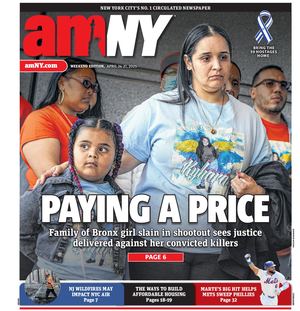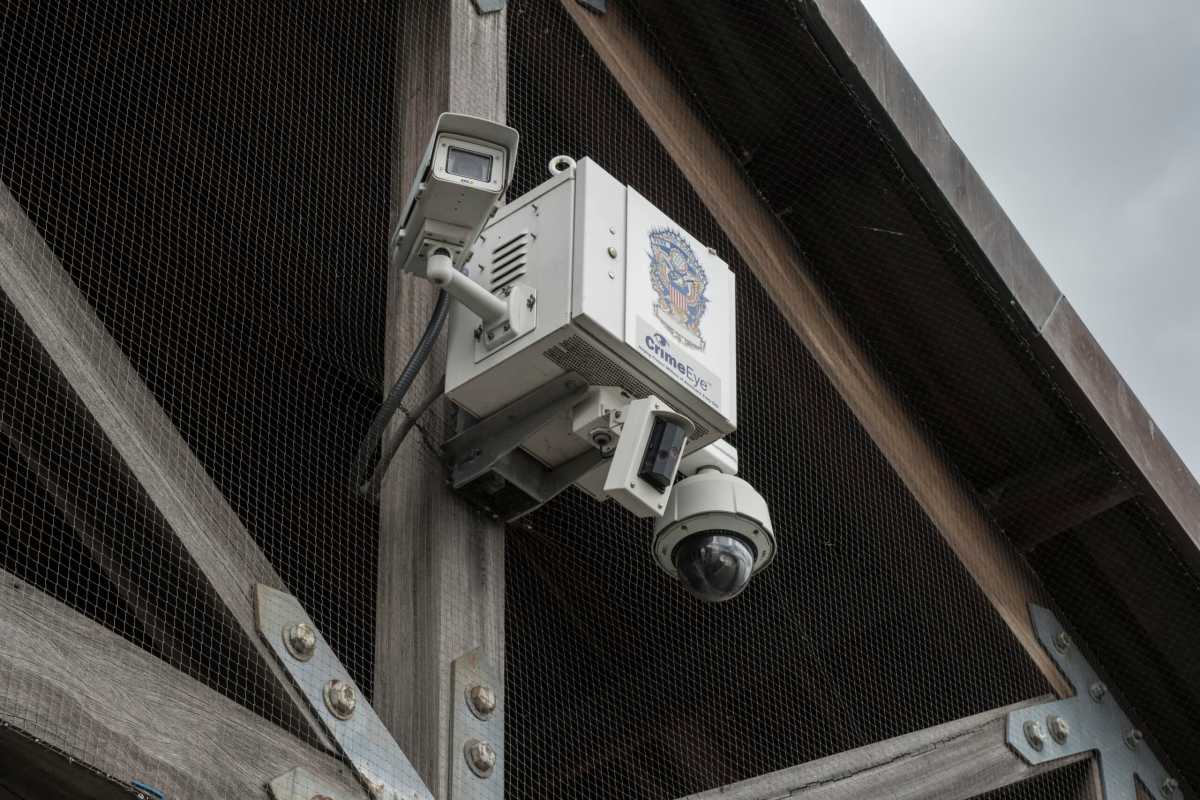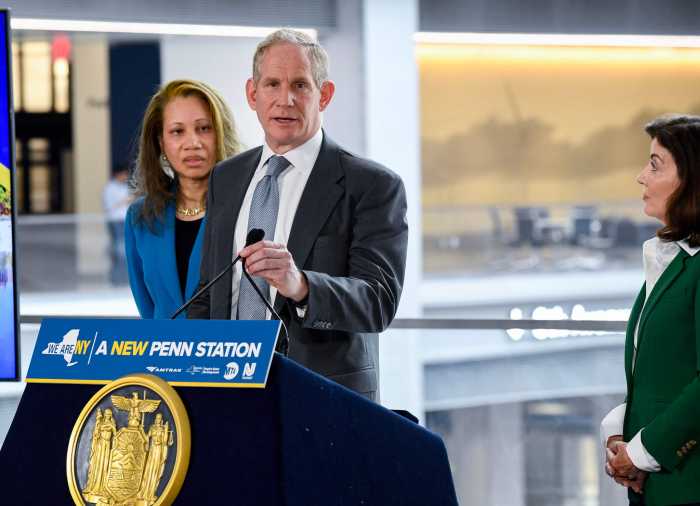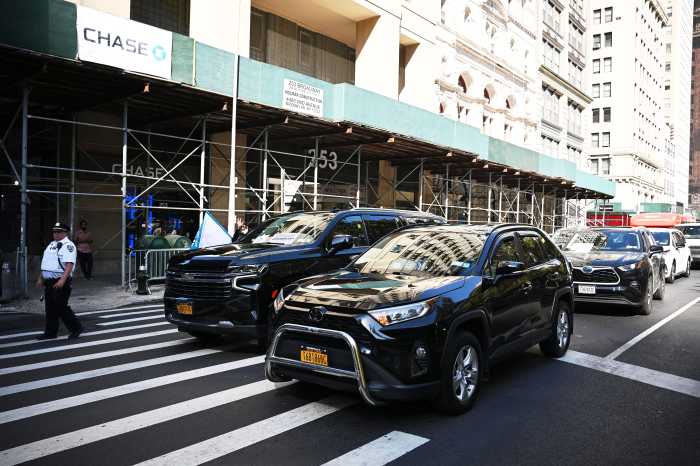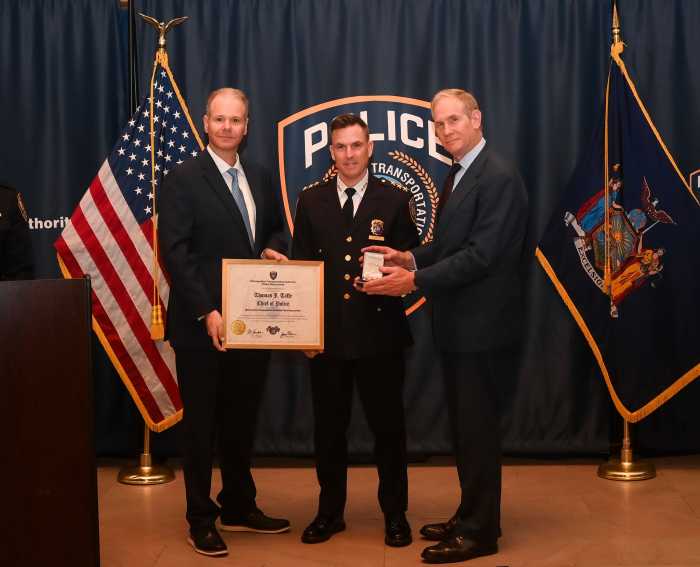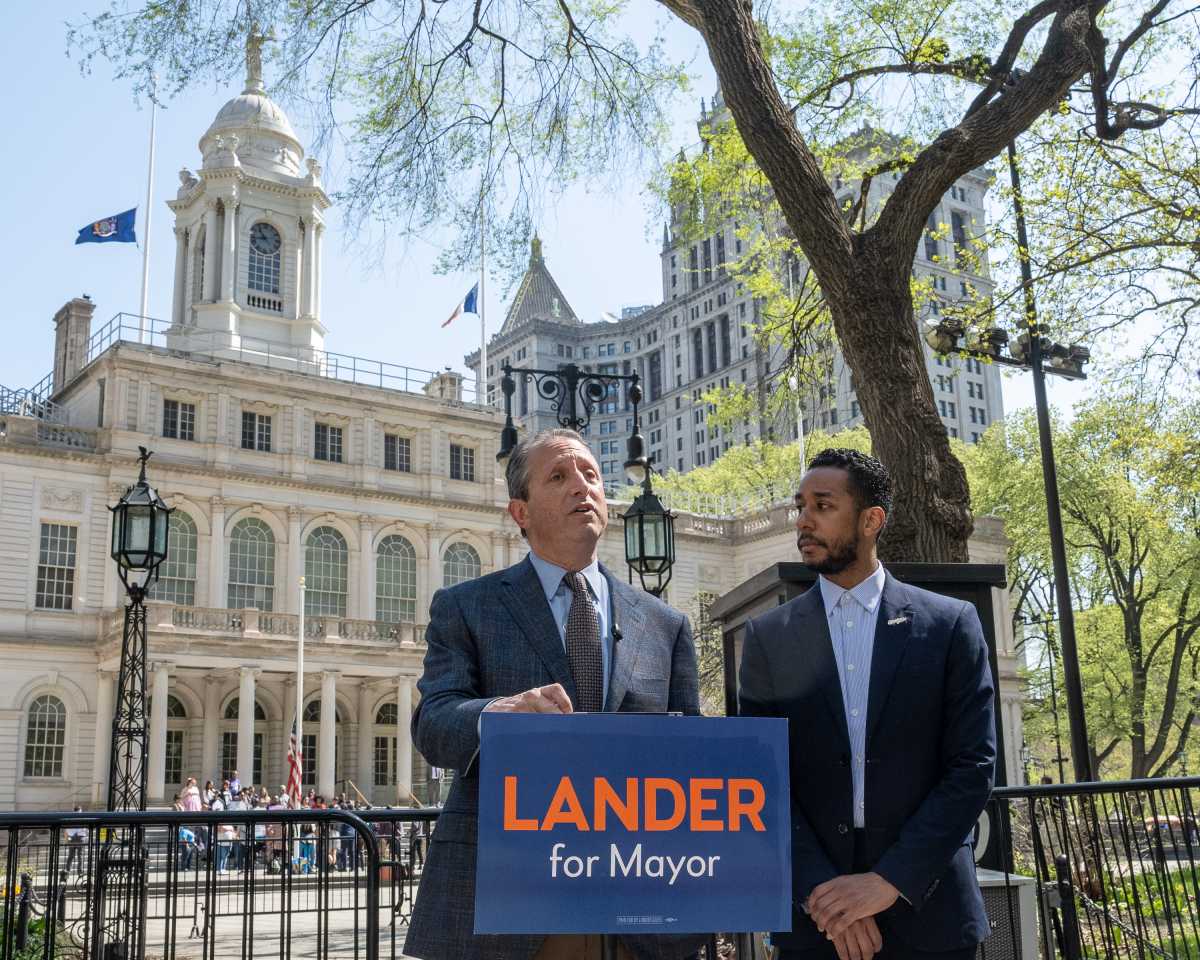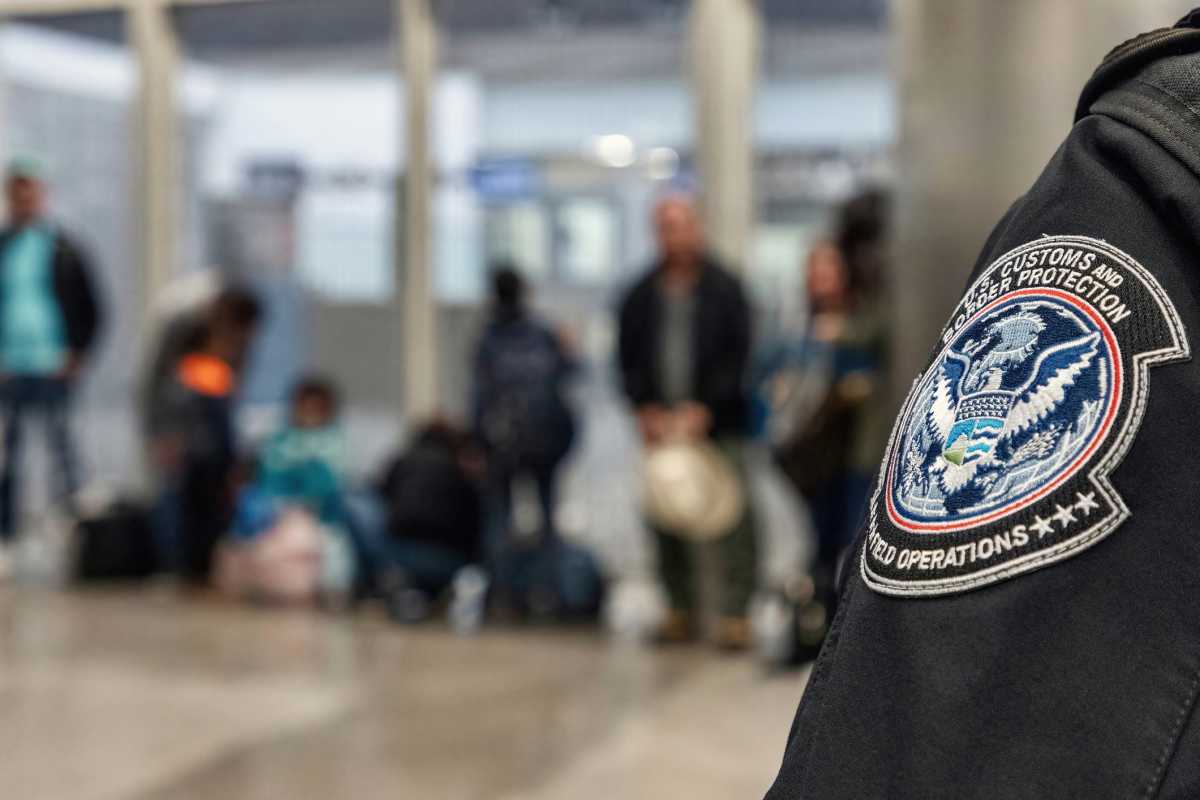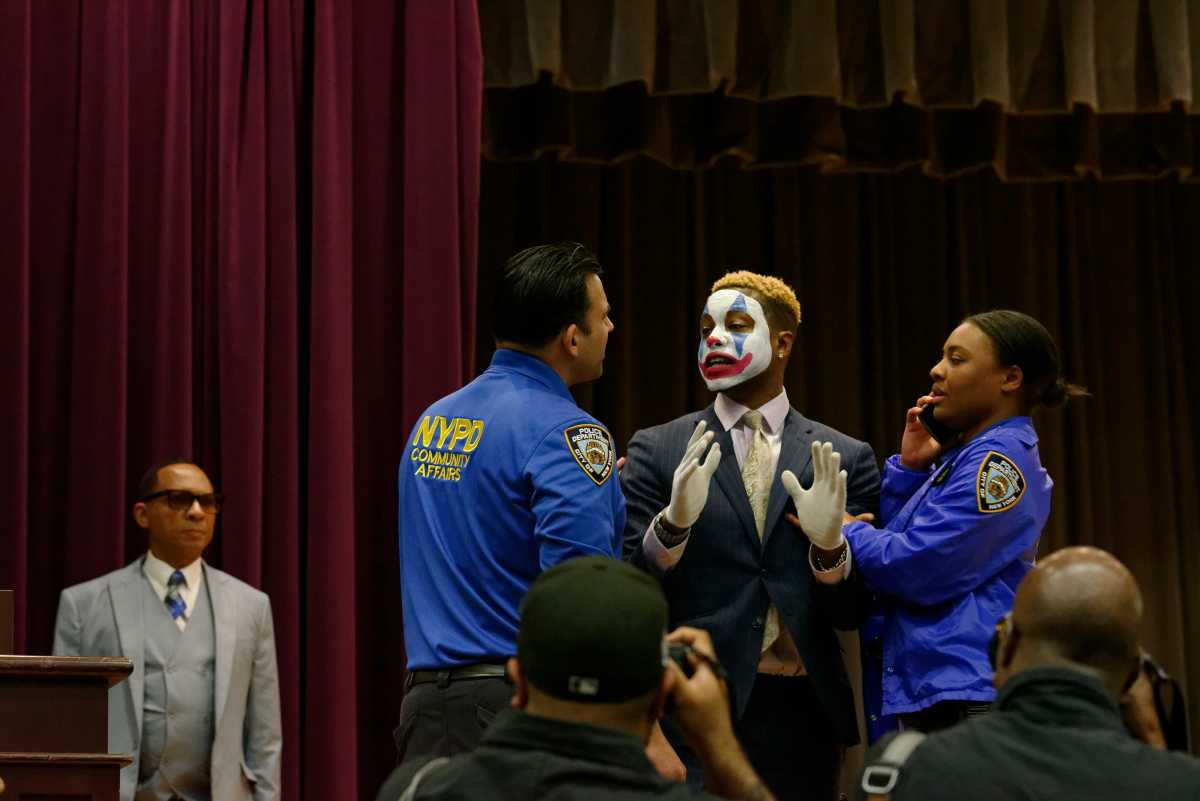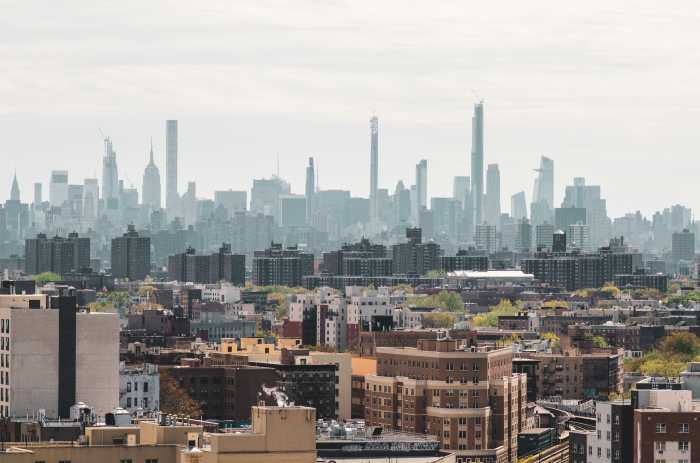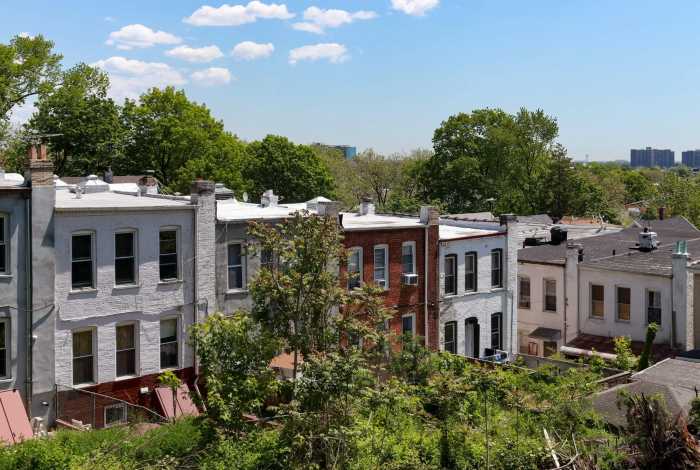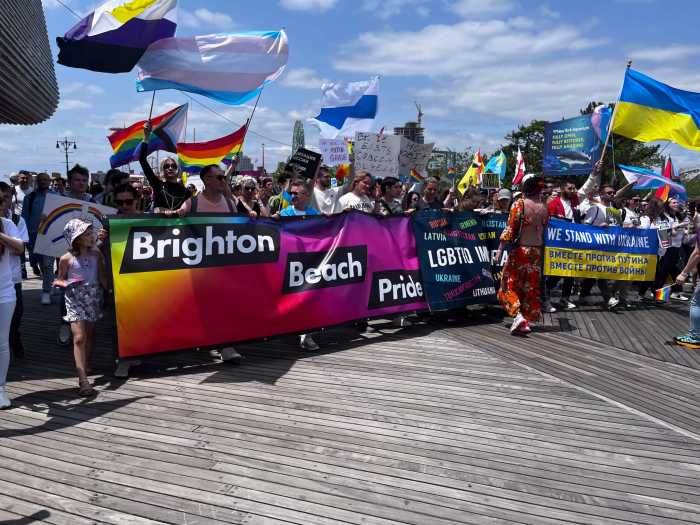The New York City Council on Wednesday approved a bill to bring noise cameras to the five boroughs, with the capability of detecting noise from motor vehicles in excess of legal limits.
Intro 778A (aka the Stop Spreading the Noise Act), sponsored by Manhattan Council Member and Democratic Majority Leader Keith Powers, requires the Department of Environmental Protection (DEP), the Department of Transportation (DOT), and the NYPD to set up cameras across the city with the capability of detecting excessive noise and fining violators.
The cameras are intended to catch scofflaws who modify their car’s mufflers or drive loud dirt bikes or ATVs, producing immense noise and depriving neighbors of sleep and peace. The problem intensified during the COVID-19 pandemic, with noise complaints to 311 rising over 200% between 2019 and 2020, and have remained high since.
“Even in the city that doesn’t sleep, New Yorkers deserve some peace and quiet,” Powers said in a statement Wednesday. “Today, we’re helping make that a reality with the Stop Spreading the Noise Act, a package of bills that cracks down on the frustrating — and harmful — noise pollution found throughout our city.”
The noise cameras described in the legislation can snap pictures of license plates and issue fines similar to the DOT’s red light and speed cameras. The cameras — at least five of which must be in each borough by September 2025 — would be equipped with noise-measuring tech like acoustic monitoring, beamforming devices, and artificial intelligence.
The cameras start recording when they detect noise above 85 decibels. Fines can be issued to vehicles louder than the state’s noise limits, which are 86 decibels for trucks, 82 decibels for motorcycles, and 76 decibels for cars in the city. Consistent exposure to loud noise can cause hearing loss, according to the Centers for Disease Control and Prevention, to say nothing about the impact on sleep and mental wellbeing.

Fines for breaking the noise limits are significant: for cars, penalties start at $150 for initial violations and can reach $1,575 after three or more tickets. For trucks and motorcycles, fines start at $440 and can reach $4,200 after three or more violations.
The DEP has piloted noise cameras across the city throughout 2023. Noise cameras are in effect in other cities across the globe, capturing muffler modifiers in places like London and Taipei.
The bill passed the council almost unanimously on Wednesday, with only Brooklyn Council Member Alexa Avilés voting in the negative. Avilés did not return a request for comment.
The bill contains some provisions aimed at preventing malfunction or misuse of the technology. The cameras must undergo an annual “calibration check” by the manufacturer to ensure they are working properly, and the DEP must “to the extent practicable” ensure the cameras do not capture photos or videos of drivers, passengers, or contents of a vehicle.
Police and prosecutors may, however, use photos and videos taken by the cameras in criminal investigations. Some privacy advocates see this as a cause for alarm.
“This is awful, error-prone, and ripe for abuse,” said Albert Fox Cahn, executive director of the Surveillance Technology Oversight Project (STOP). “I’m very worried that there’s nothing to prevent these sorts of cameras from being used by the police for things completely unrelated to traffic enforcement.”
Other noise detection tech used in the city have a less-than-impressive track record, Cahn noted. The NYPD, like dozens of other police departments, contracts with a company called ShotSpotter to place microphones all over the city, intended to detect gunshots and notify police of the precise location of a crime.
But ShotSpotter’s reliability has been called into question, with the tech often classifying fireworks and car backfires as gunshots. In Chicago, the Police Department’s Inspector General found that over 90% of ShotSpotter alerts ultimately yielded no evidence of a gun crime. ShotSpotter sensors are always on, and are also capable of listening to private conversations.
Cahn worries noise camera tech could be similarly unreliable at their stated purpose, while creating yet another opportunity for the government to spy on residents.
“A microphone is a microphone is a microphone,” said Cahn. “And if you install a listening device, it can be used to listen in to just about anything.”
Read more: Unlicensed Brooklyn Driver Charged in Teen’s Death
